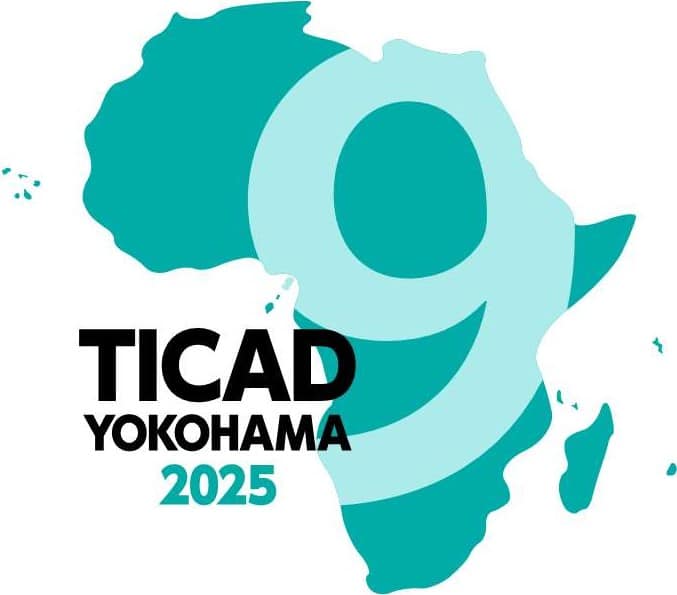Japanese Prime Minister Shigeru Ishiba has called for deeper cooperation between Africa and the countries bordering the Indian Ocean, pledging greater investment and connectivity to boost economic growth. Speaking at the Indian Ocean-Africa Economic Partnership Forum, held alongside the Tokyo International Conference on African Development (TICAD), Ishiba stressed the strategic importance of the region, pointing to its young population, vast natural resources, and potential for rapid growth.
The forum, organized by Nikkei in partnership with Japan’s Ministry of Economy, Trade and Industry and the Ministry of Foreign Affairs, brought together leaders and business executives to discuss new opportunities for collaboration. Ishiba emphasized that the Indian Ocean-Africa Economic Zone initiative would be a central pillar of Japan’s Free and Open Indo-Pacific (FOIP) strategy, a framework designed to promote security, trade, and cooperation in the region while balancing China’s growing influence.
According to Ishiba, the initiative will “strengthen inter-regional connectivity and create a free and fair economic zone.” He noted that Japan aims to support Africa’s regional integration and industrial development, which he said would contribute to long-term prosperity. In particular, Japan will expand its support for the Nacala Corridor, a major logistics network connecting Zambia to the Mozambican port of Nacala. Since 2012, Tokyo has invested in this project, which provides a shorter shipping route for Zambia’s copper and cobalt exports—critical minerals needed for the global shift toward electrification. Currently, much of Zambia’s production is shipped through Angolan ports on the Atlantic, but the Nacala route offers Japan a more efficient and strategic alternative.
Ishiba explained that Japan would adopt an “offer-type” model of overseas development assistance, in which Tokyo proposes development projects proactively rather than waiting for partner governments to request support. He said this would allow Japan to act more quickly in providing infrastructure and investment that promotes integration while strengthening ties between Africa and Indian Ocean states.
Regional leaders expressed both enthusiasm and caution. Mozambican President Daniel Chapo welcomed Japan’s commitment, highlighting the many investment opportunities in his country, including modernizing railway and port infrastructure and expanding maritime transport links. He stressed that improved logistics would better connect East Africa to the Middle East and Asia.
On the other hand, Togolese President Faure Gnassingbé urged that investments must serve Africa’s long-term goals. He warned against Africa being reduced to a raw material supplier or simple transit zone. “We want to transform our resources, have local production, and make our youth responsible actors in production, not just consumption,” he said. His comments reflected a broader concern that Africa’s development should include value-added industries and jobs for its growing population.
Business leaders from Japan also highlighted the opportunities. Toshimitsu Imai, President and CEO of Toyota Tsusho, said the Indian Ocean-Africa region is set to become the “center of global growth” due to its population of nearly four billion people. Shipping executive Toshinobu Shinoda of Mitsui OSK Lines added that while Indian Ocean trade has long been overshadowed by East-West routes, it is now emerging as a major hub, with Dubai already becoming a key logistics center.
The forum made clear that Japan sees Africa and the Indian Ocean region as central to the future of global trade and growth. With promises of new investment and infrastructure support, Tokyo is positioning itself as a key partner in Africa’s integration into the world economy, while African leaders continue to push for partnerships that deliver shared and sustainable benefits.


